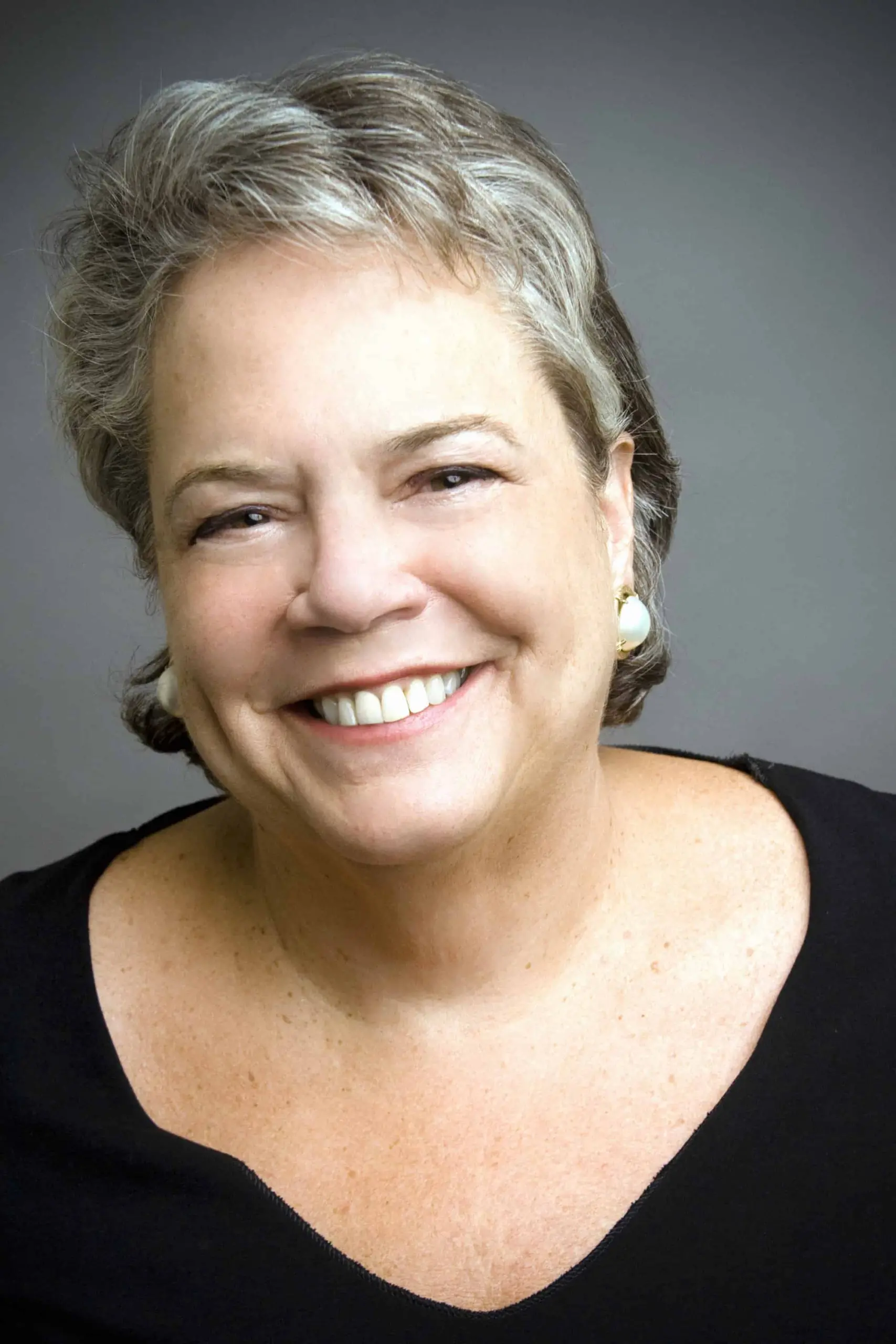PEN America President Jennifer Egan delivered the following remarks at the 2018 PEN America Literary Gala.
Thank you. I’m Jennifer Egan, president of PEN America, and I’d like to welcome all of you to the 2018 PEN America Gala.
The first time I came to this party in 2005, it was like waking up in Oz—the sort of literary event I had always fantasized must happen all the time in New York, but it took 18 years of living here before I actually managed to fumble my way into one.
I’d like to recognize the people whose hard work has brought us together this evening, and let’s hold our applause until the end: our gala chairs. Roxanne Donovan, Sean Kelly, and Markus Dohle, the gala committee members, the entire team at Simon & Schuster, and our special benefactors: Peter and Pamela Barbey, Toni and James Goodale, and Bridget Colman. Could all of you please stand so we can give you the rousing thanks you deserve.
Next, I want to celebrate the wealth of writing talent in this room. Would all writers please stand—literary hosts, guests, trustees, waiters. Thank you for taking time away from your work to be with us.
This gala has a purpose beyond a celebration, of course, and that is to fuel PEN America’s work. Thanks to everyone here, we’ve surpassed all previous records tonight by bringing in $2.2 million—and we’re not done yet.
I’m supremely grateful to tonight’s honorees: the legendary Stephen King, a man who would seem to require no introduction except when a person as exalted as Morgan Freeman is here to give it, and Carolyn Reidy, publisher extraordinaire of Mr. King, my lucky self, and my brilliant predecessor and close friend, Andrew Solomon, president of PEN America for the past three years, who had a child’s graduation tonight and couldn’t be here. We’re also sorry to Ms. Doris Kearns Goodwin for a very sad reason: Her husband, Dick, the renowned speech writer and playwright, passed away last weekend, and he will be deeply missed.
The very first PEN America dinner was held in April 1922 at the Coffee House Club. The 40 guests likely included Willa Cather, Eugene O’Neill, and Robert Frost, who were among PEN’s first members. A letter was read aloud by John Galsworthy, the first president of PEN International, who beseeched the group: “We writers are in some sort trustees for human nature; if we are narrow and prejudiced we harm the human race. And the better we know each other . . . the greater the chance for human happiness in a world not, as yet, too happy.”
Ninety-six years later, the world still is not, as yet, too happy. And while few would dare to hope that fellowship among writers in itself could solve that problem, Galsworthy’s statement gets at one of the basic ideas behind the founding of PEN: that the redemptive power of literary values can reach into the wider world—and improve it.
What even are literary values? One is curiosity—a desire to move outside the frame of one’s individual perspective. Literature was invented to let us climb inside the minds and lives of other human beings. And the result is empathy: a willingness to share the feelings of another person. That common experience provides a third value: kinship. James Baldwin said, “You think your pain and your heartbreak are unprecedented in the history of the world, but then you read.” Reading reminds us of the humanity we share across continents and centuries and civilizations.
As a fiction writer and a journalist, I’m more accustomed to the role of spectator, ideally as close to invisible as possible—it helps me eavesdrop. What led me to accept the honor of this position is the belief that literary values—curiosity, empathy, kinship—are under threat in our culture. PEN America’s work—from fostering literary translation to mentoring and rewarding incarcerated writers to the beloved World Voices Festival—is geared toward enabling shared literary experience between people who are structurally separated.
It would be hard to create PEN America today. The broad optimism of its vision—to celebrate literary expression and defend the freedoms that make it possible—can sound almost quaint. And the range of opinions among writers might prove too disparate to gather enough of us under one umbrella. But here we are. And with our strength in numbers comes the credibility to foster genuine dialogue at moments of crisis and impasse. As PEN America’s president, I hope to redouble these efforts; I believe they’re our best hope of freeing ourselves from the segregated echo chambers that have deadened our national discourse.
Some of PEN America’s most inspired recent work has involved bridging a polarized national debate on campus free speech, including topics like safe spaces, disinvitations, and political correctness. After releasing a landmark report, we’ve convened public events and closed door sessions at universities bloodied by conflicts over free speech and sensitivity: Middlebury, Berkeley, the University of Maryland, and UVA Charlottesville. These difficult talks included presidents and provosts, faculty and students, and the testimonials PEN has received afterward vouch for the power of genuine conversation to do what speeches and protests sometimes cannot. UVA Professor Brad Wilcox wrote, “I appreciated PEN America’s commitment to including conservatives like me in this conversation.” UC Berkeley’s vice chancellor wrote: “We now have mounted in California Hall a little box with a sign that reads: “In case of Free Speech emergency, break glass and call PEN America.”
At our General Meeting last March, we hosted a panel of diverse perspectives on the #MeToo movement: men, women, twentysomething, fiftysomething. Conversation was heated—even fiery—but always respectful, and illuminating.
And in Washington, D.C., we’ve opened an office to work with Republicans and Democrats to defend credible reporting and fight the spread of fraudulent news. Because freedom of the press and fact-based reporting are not a partisan issue.
As an organization, PEN America also must be curious and open to other points of view, and in February we were thrilled to join forces with the former PEN Center USA in Los Angeles, which had broken away years ago out of frustration with the domineering provincialism of New York. (I cannot imagine what they were talking about.) I am delighted that Marvin Putnam, one of our new trustees from LA is here with us tonight, along with several other LA-based guests. If the glamour quotient in the room seems higher than usual, that mystery is solved. Now, with the coasts united and members in all 50 states, we’re becoming a more truly national organization, mobilizing our members behind our mission in hubs across the Midwest, the South, and even Texas. If we’re serious about using the power of language to unite us, we can’t do it all from New York.
But what we can do in New York, tonight, is heed the words of Virginia Woolf: “One cannot think well, love well, sleep well, if one has not dined well.” So please, enjoy the program and, over the course of the night, eat, drink, and get to know your neighbors. Thank you.




